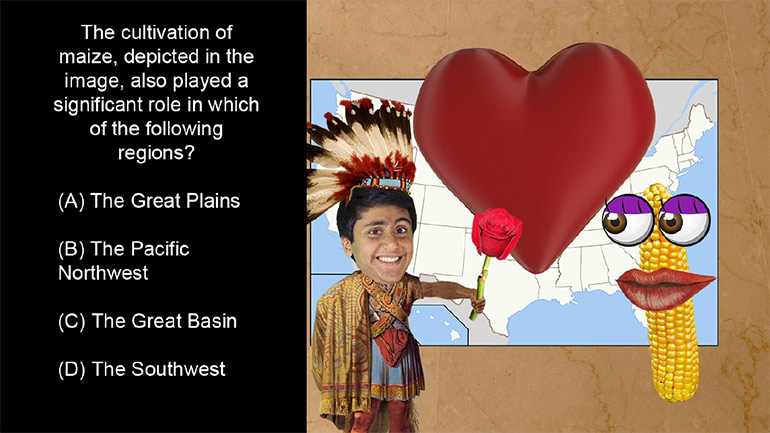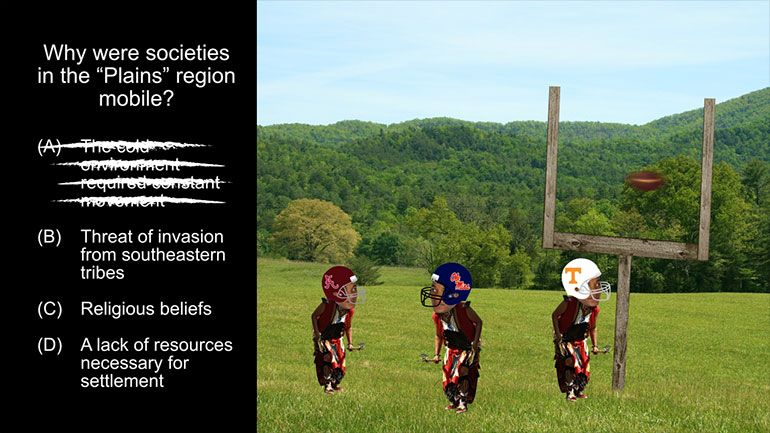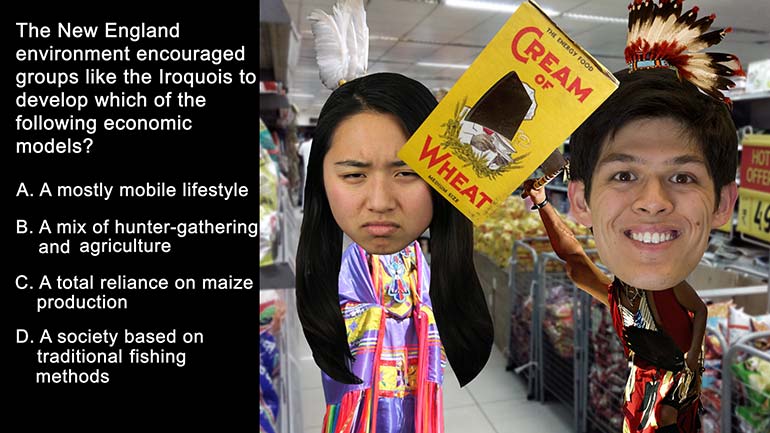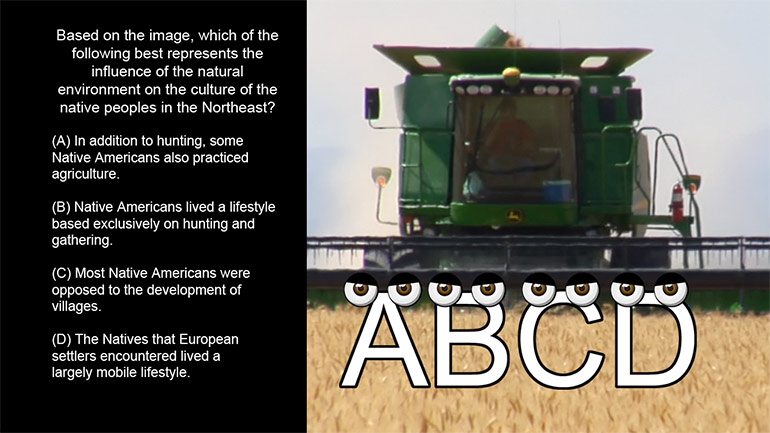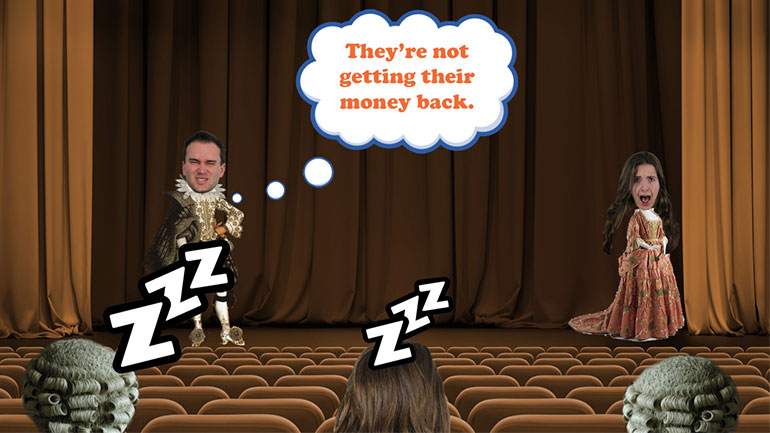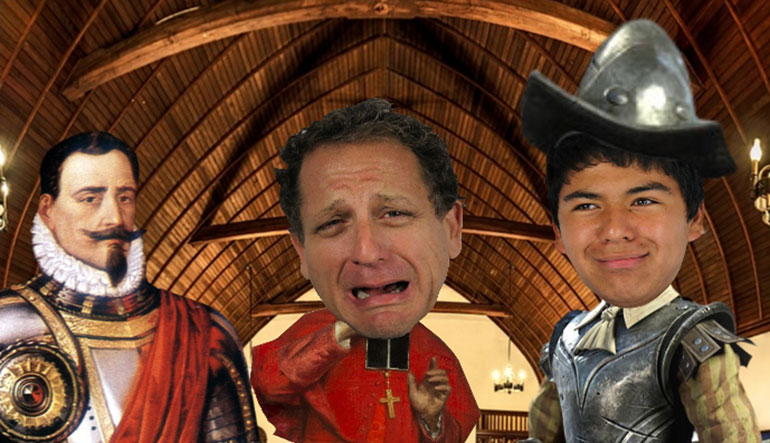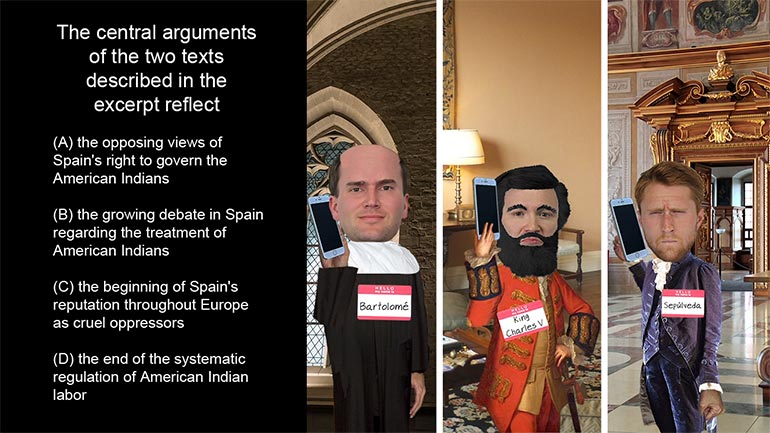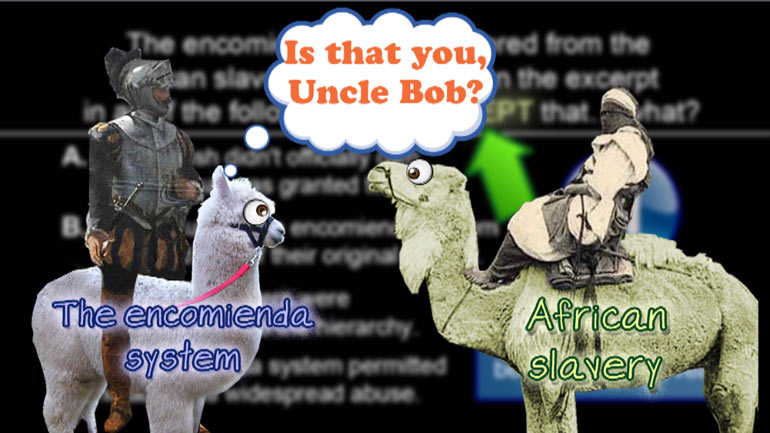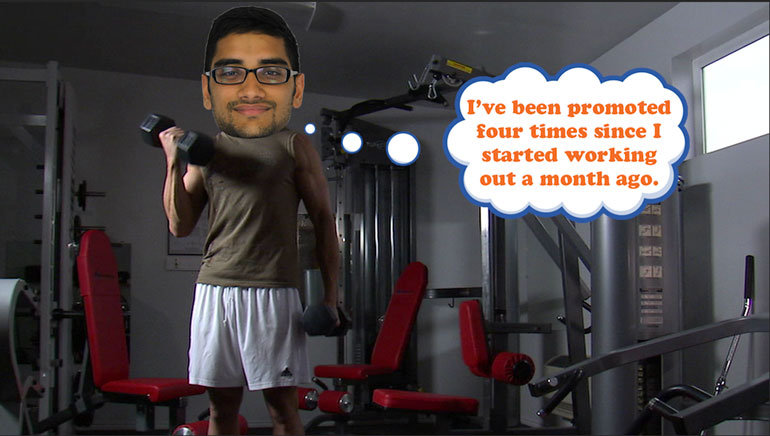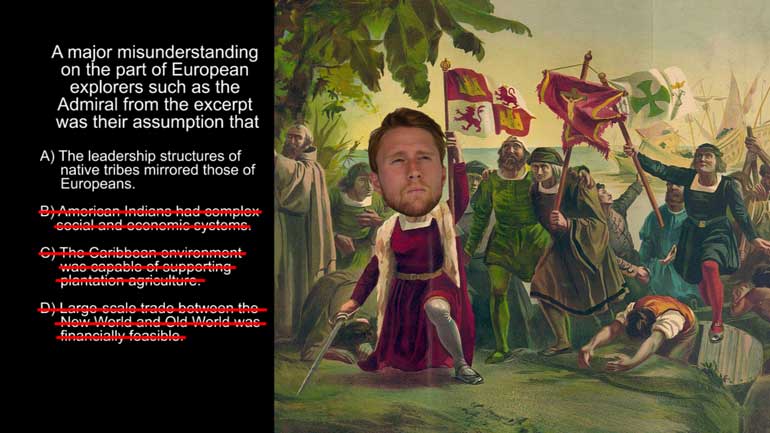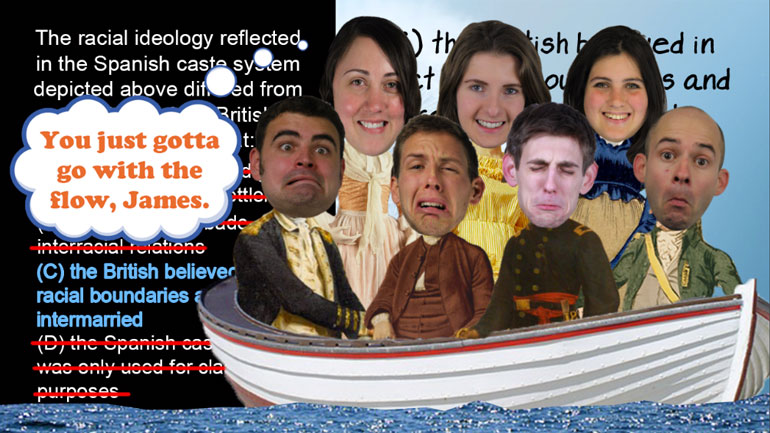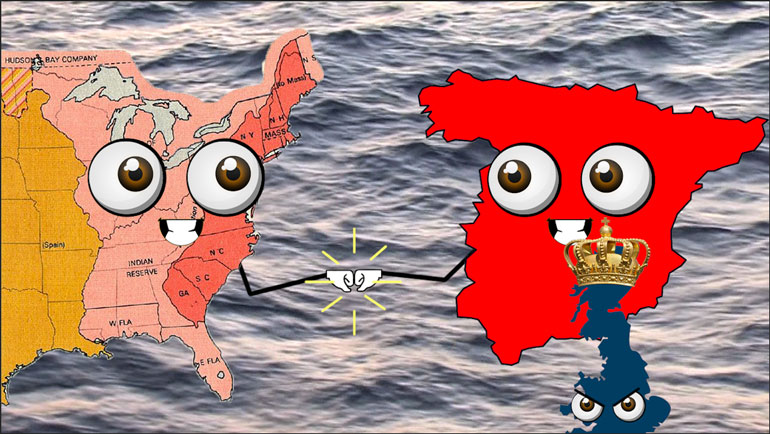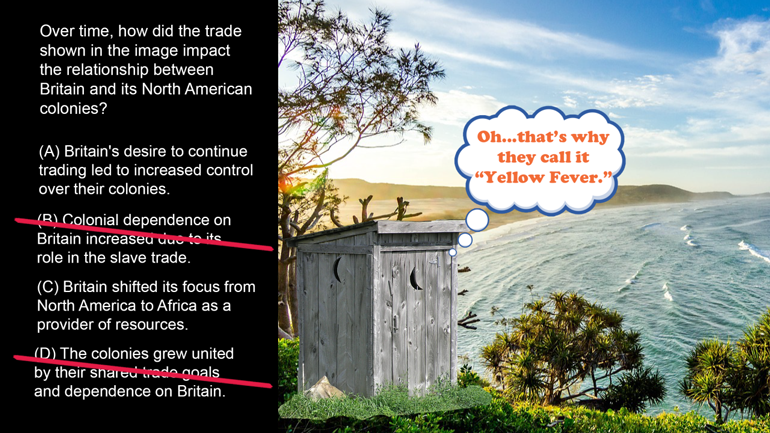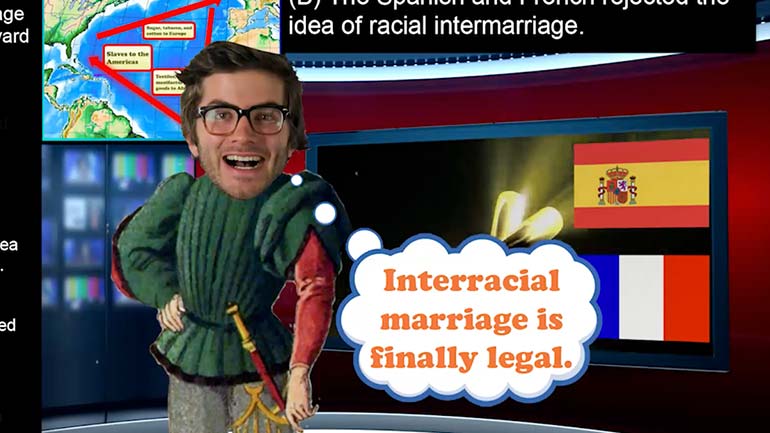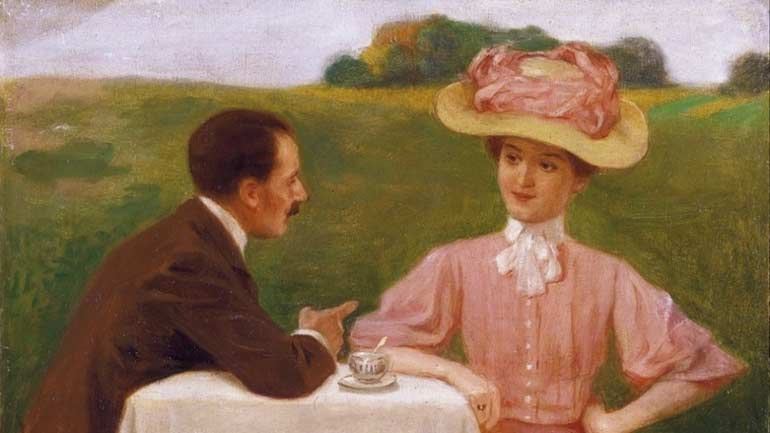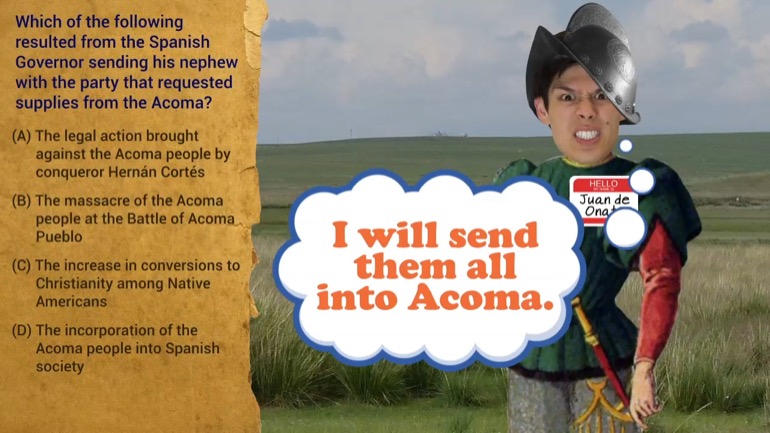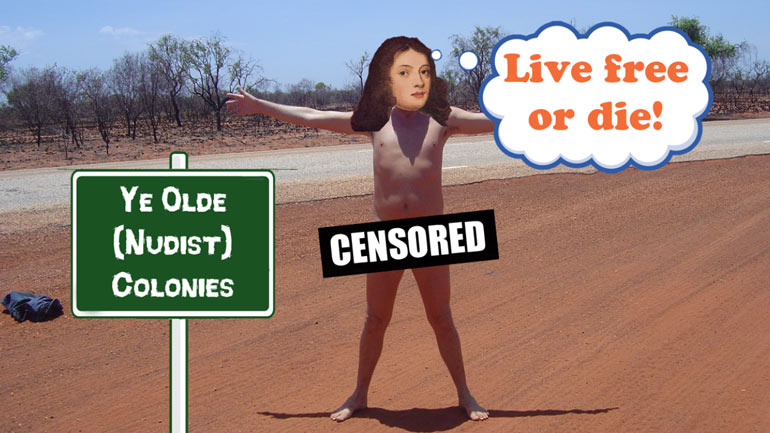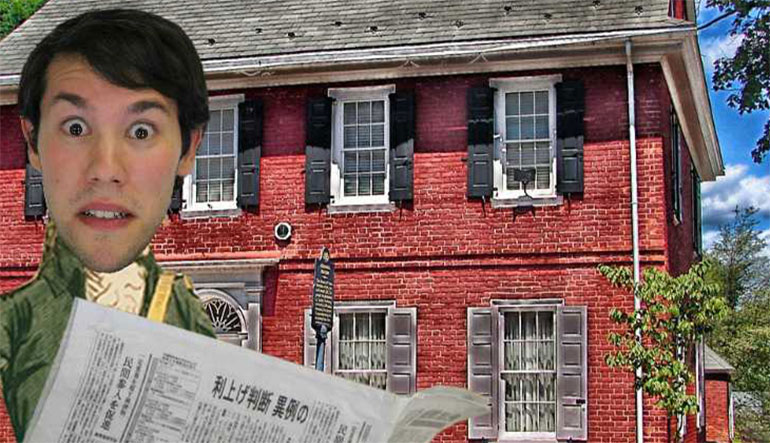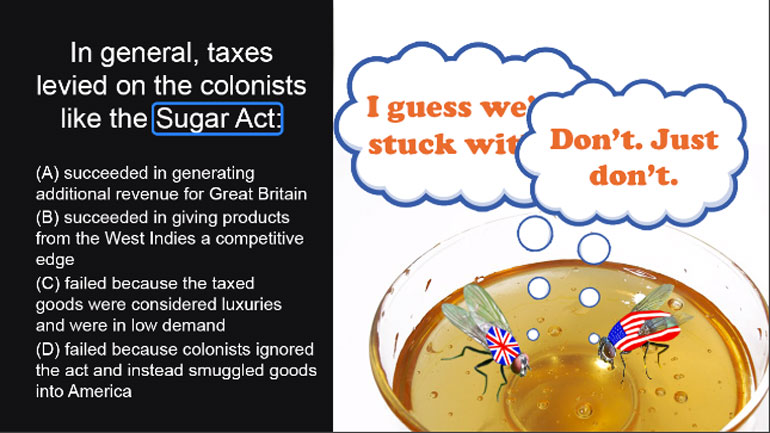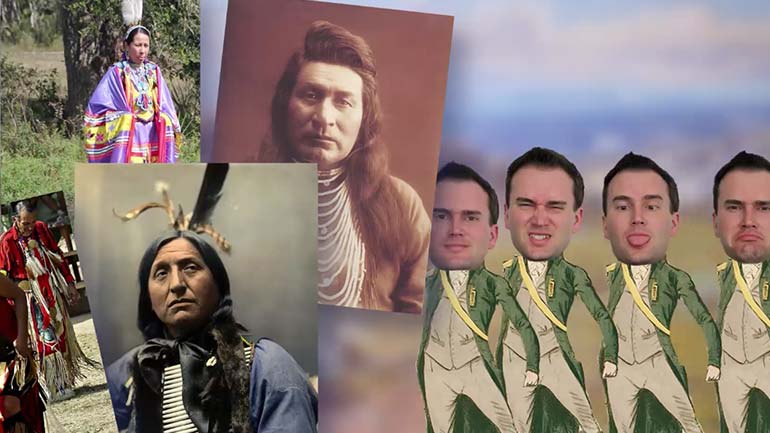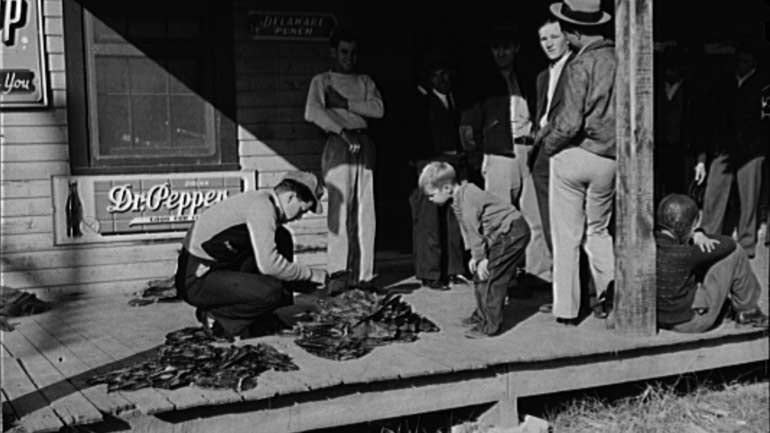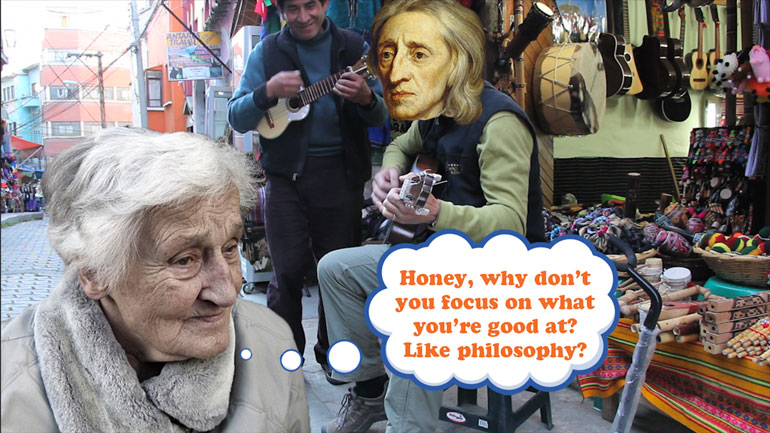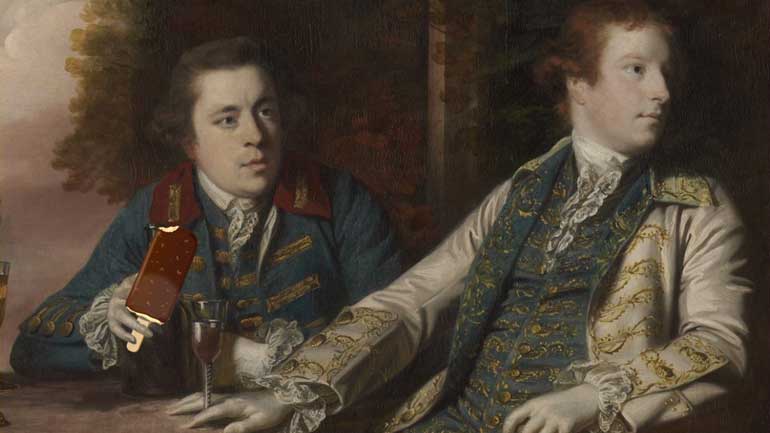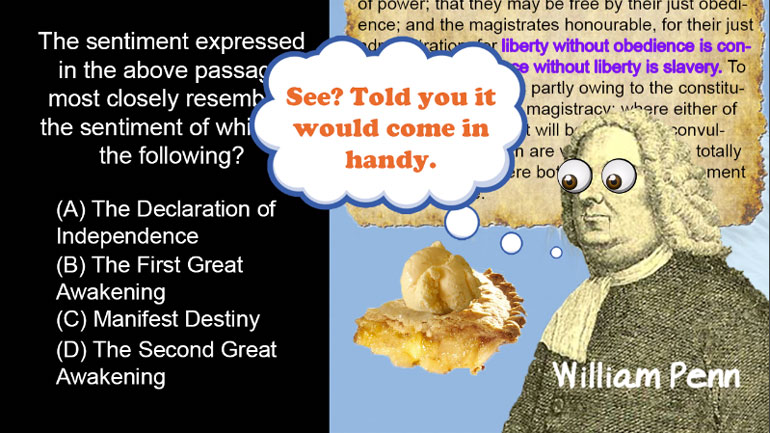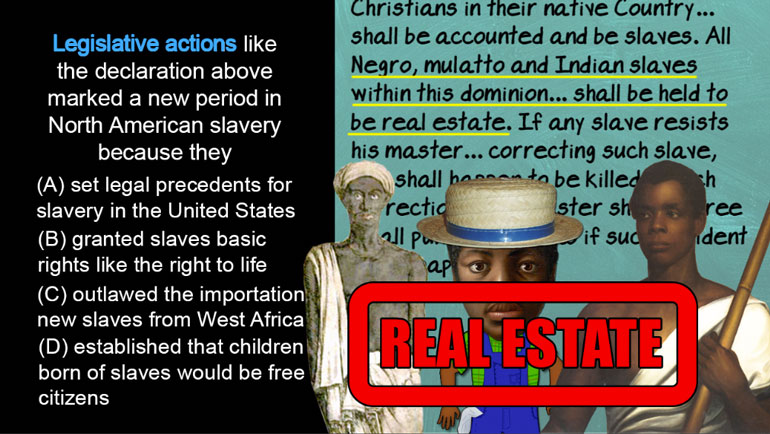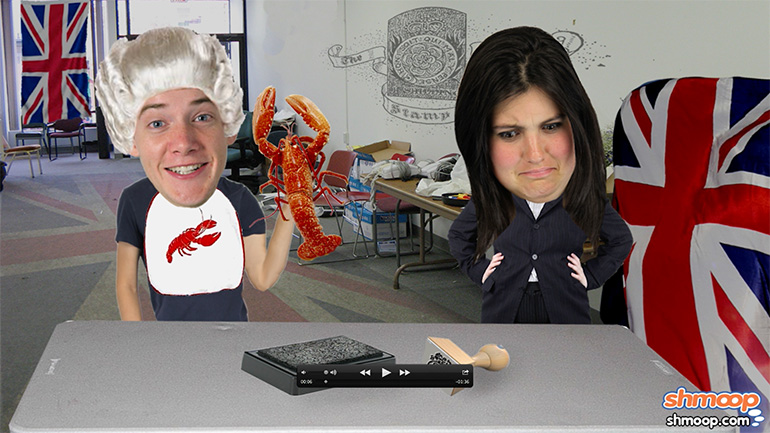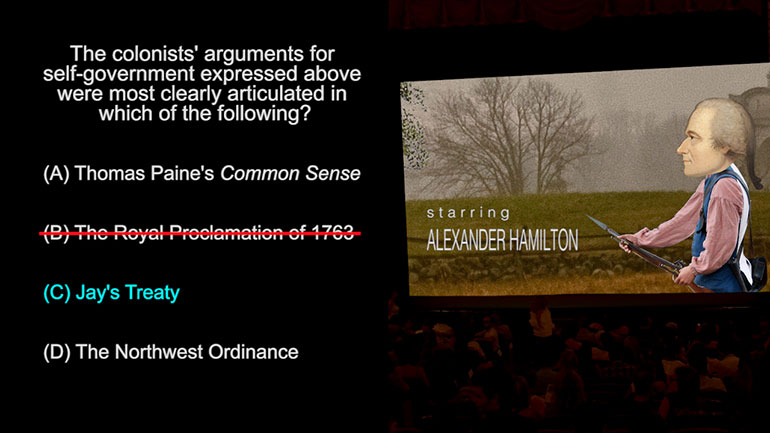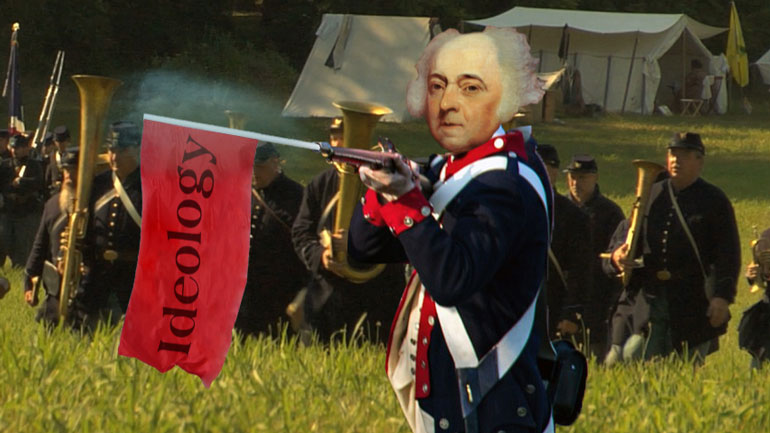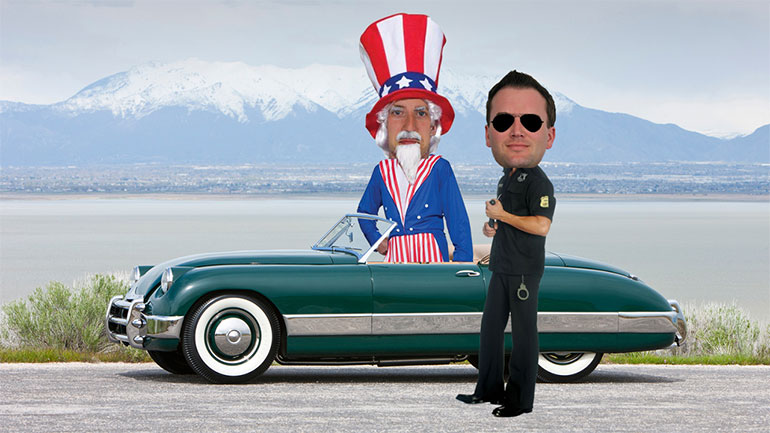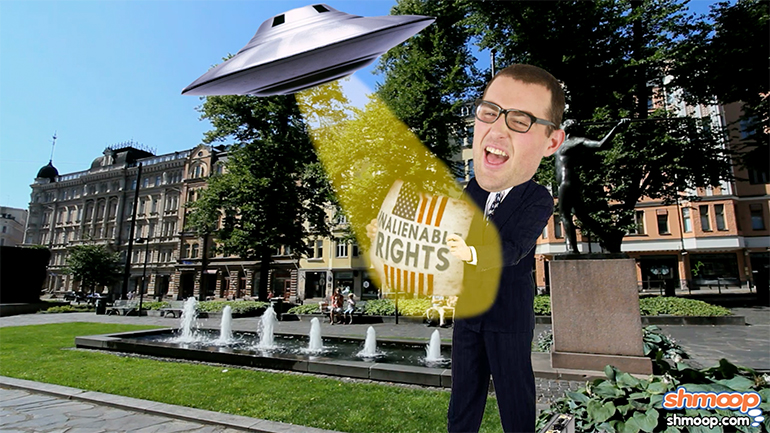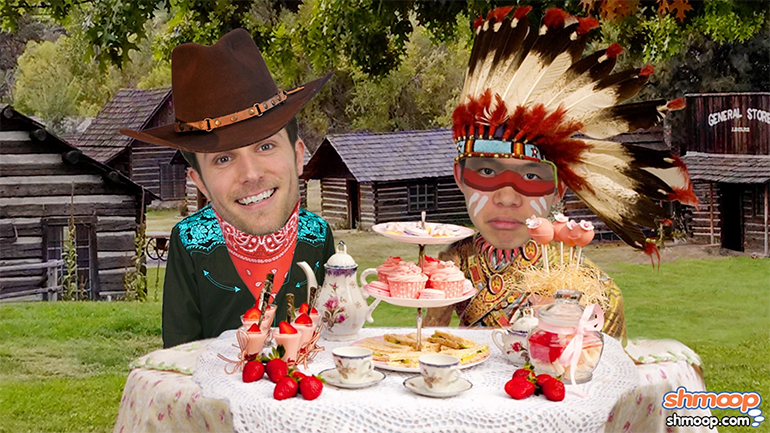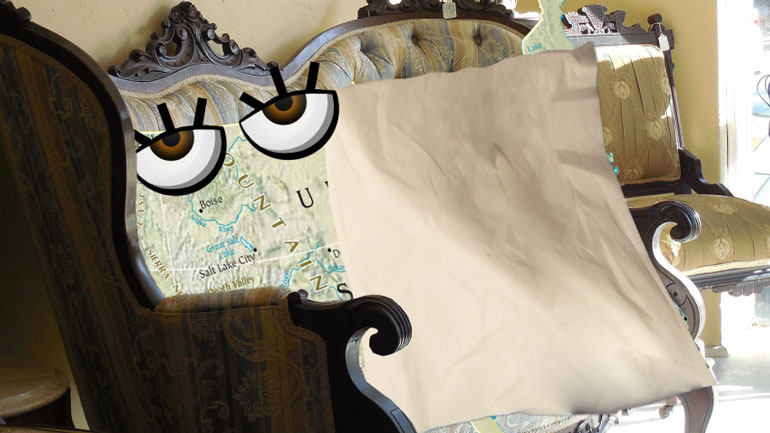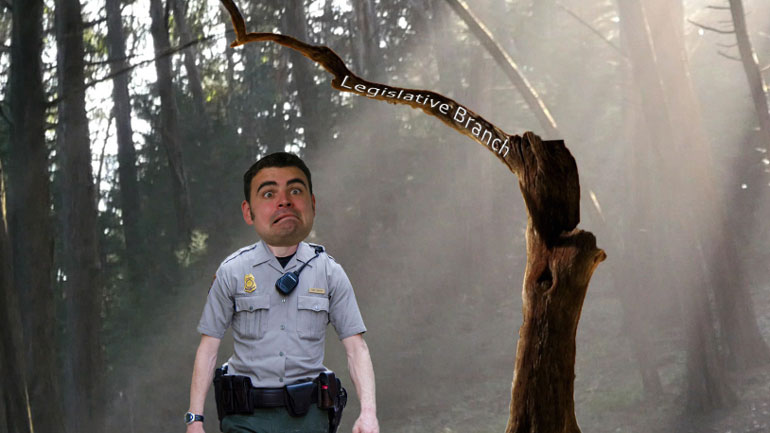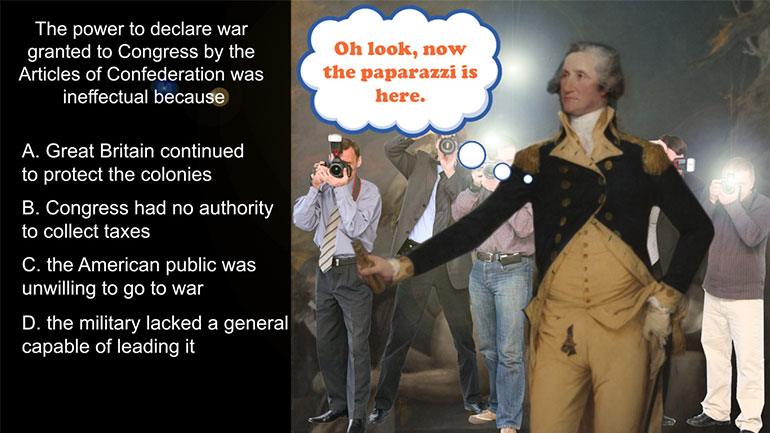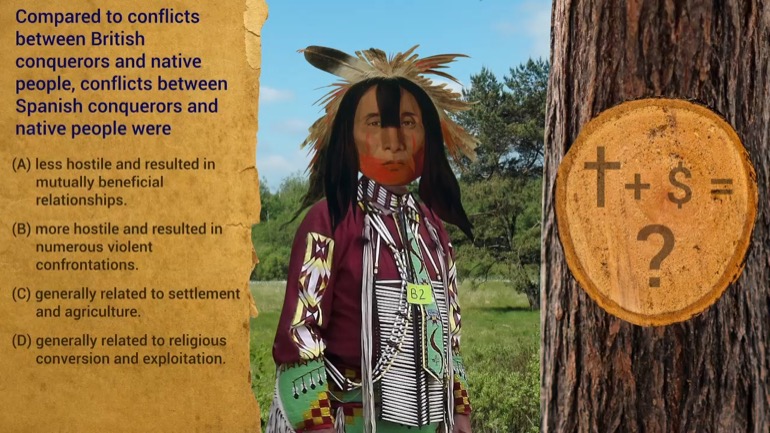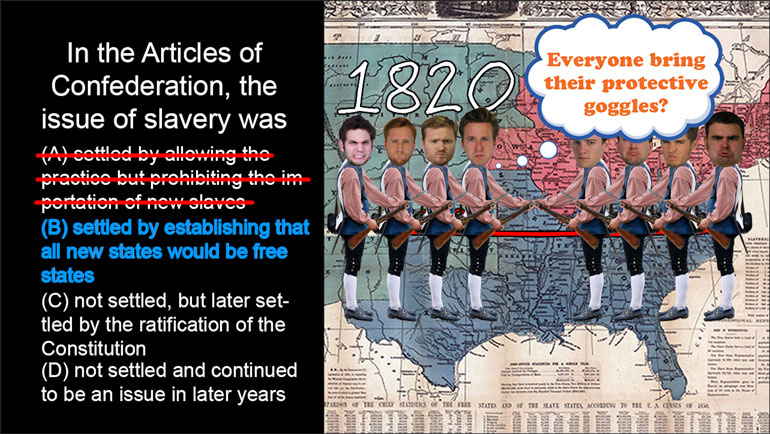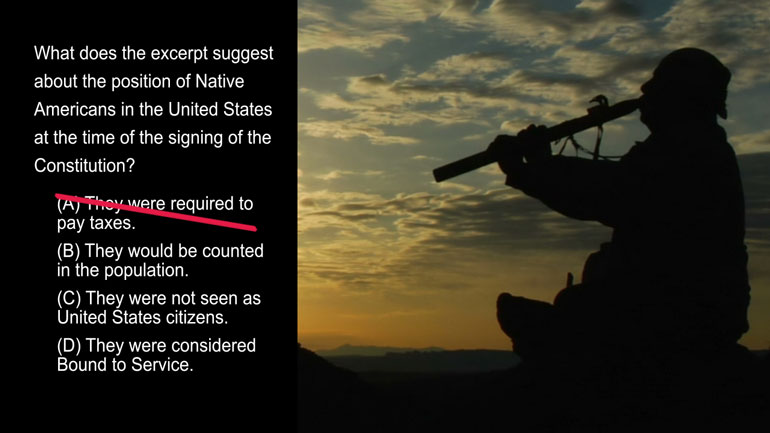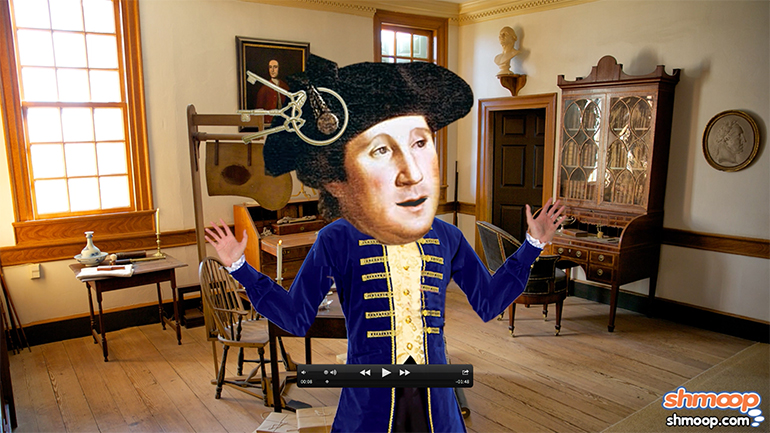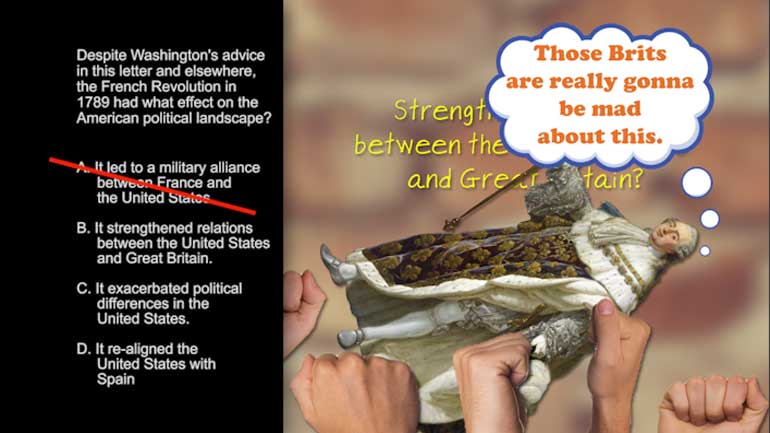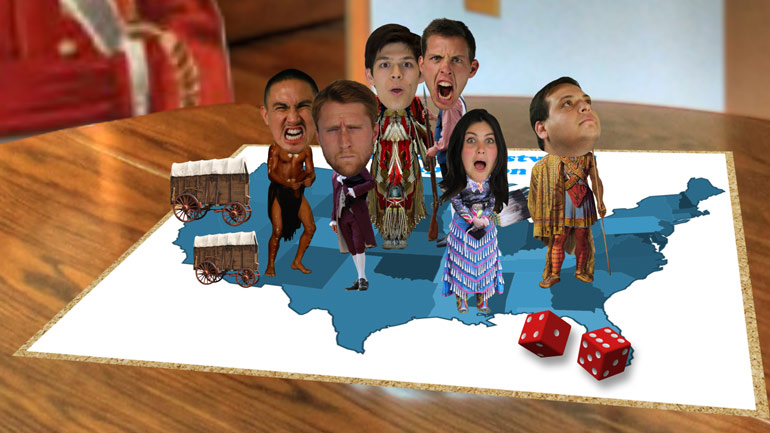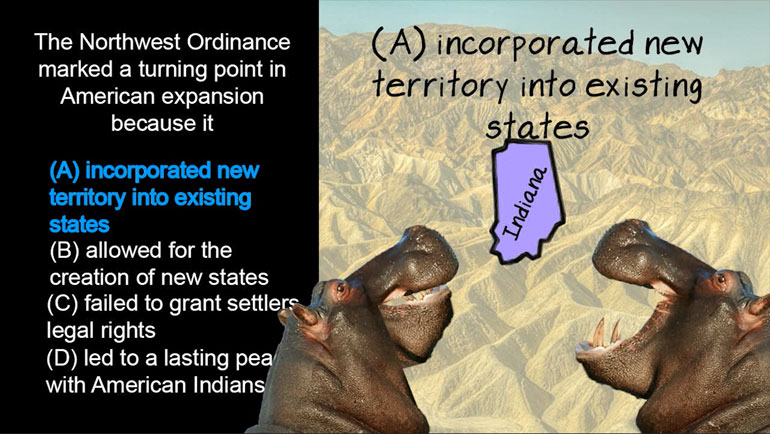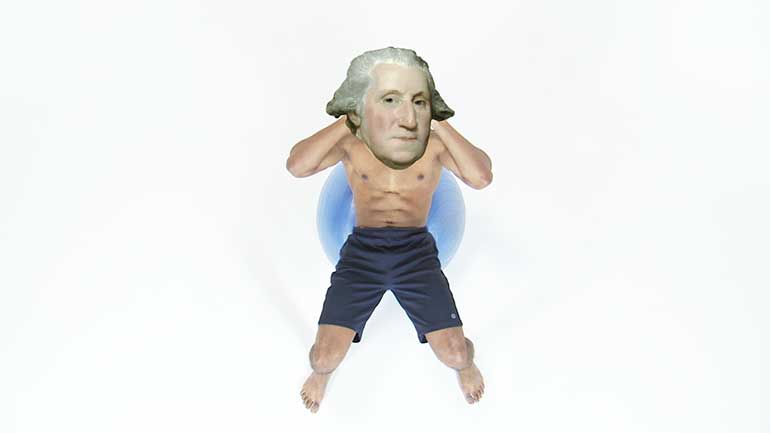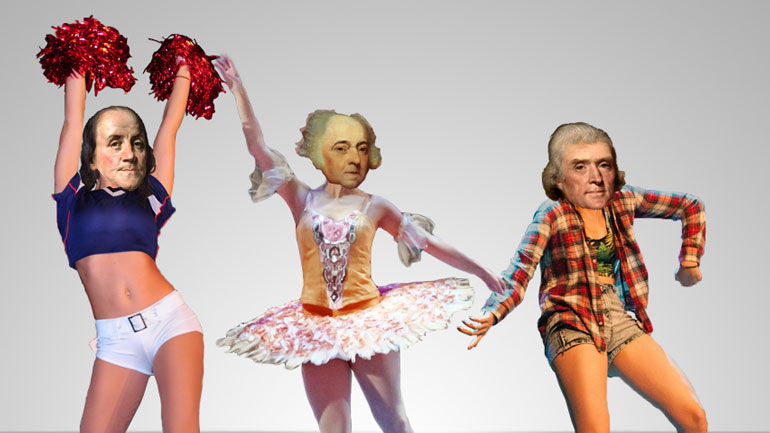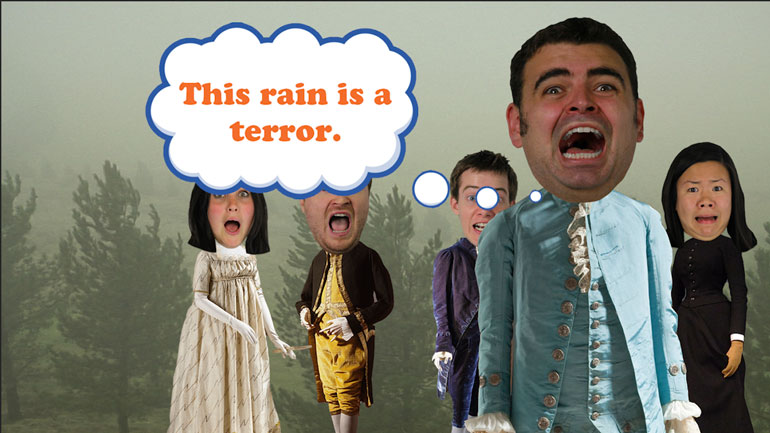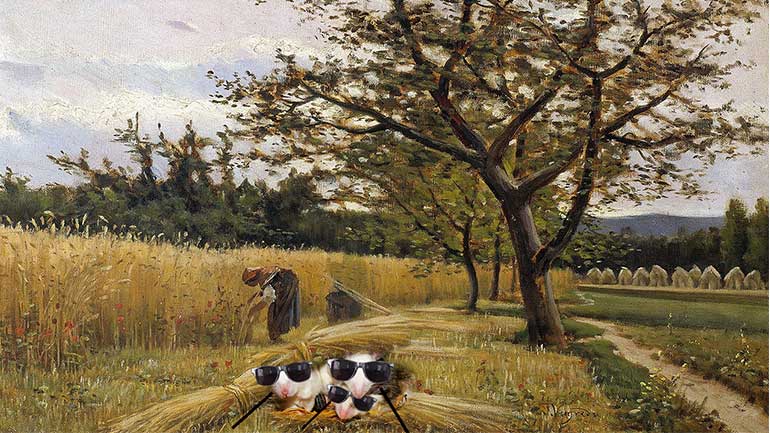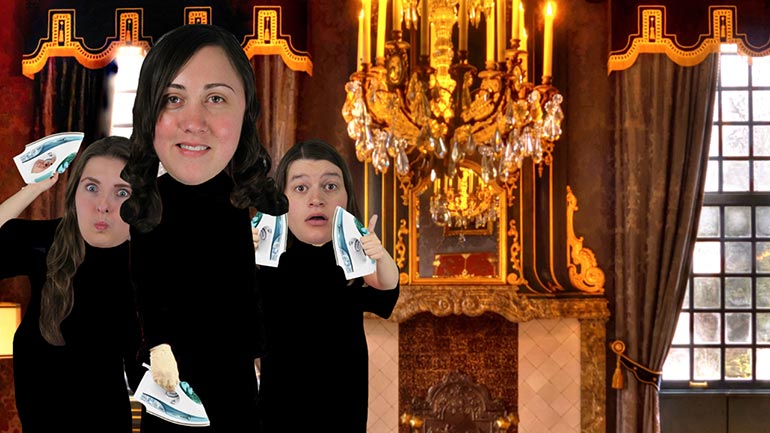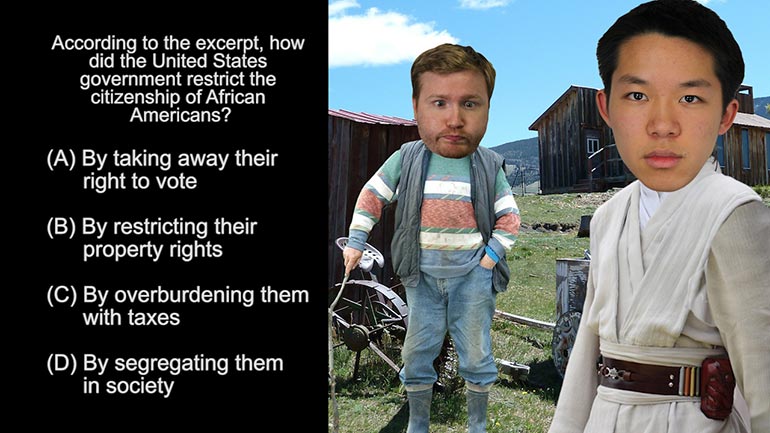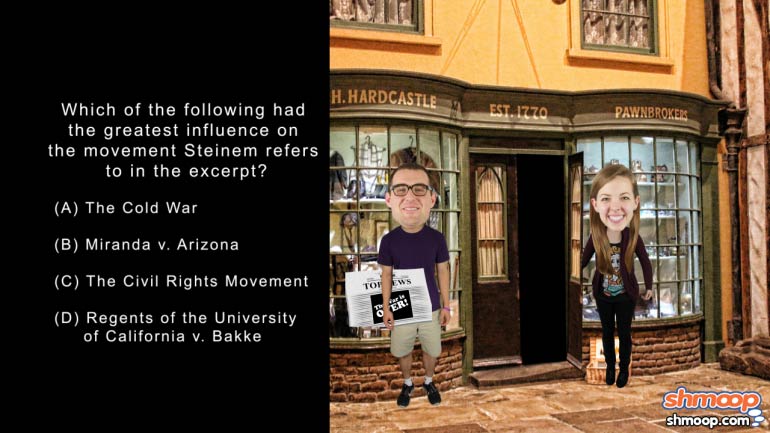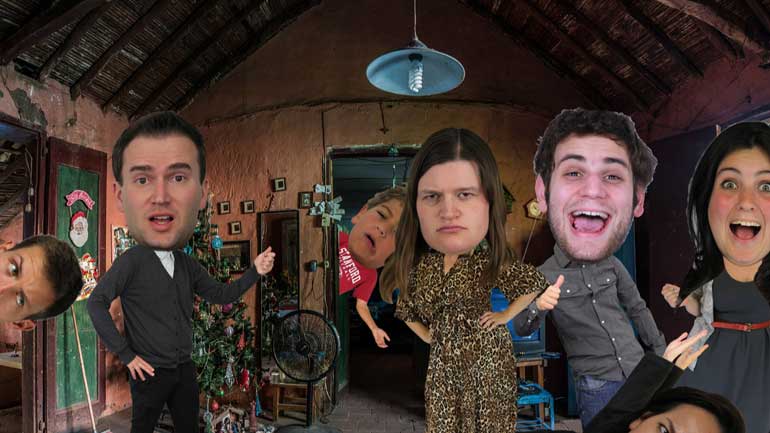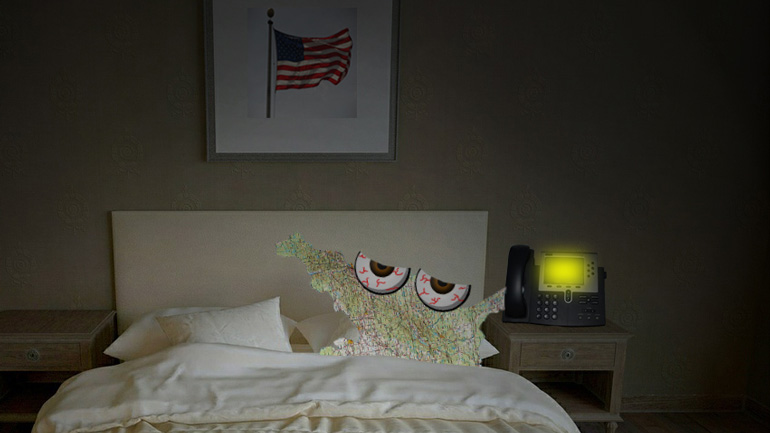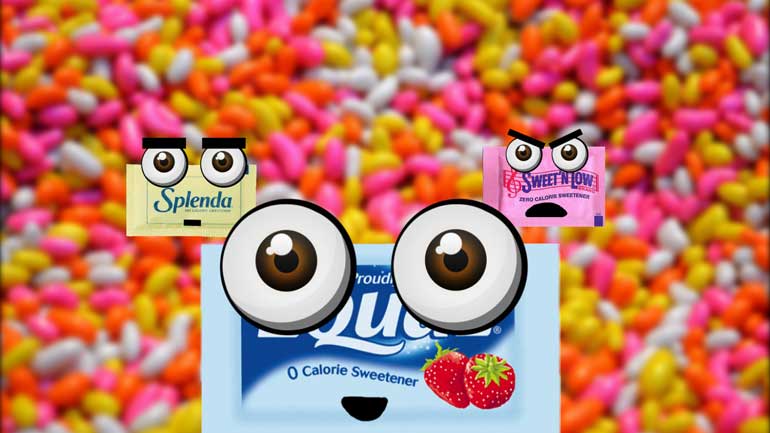ShmoopTube
Where Monty Python meets your 10th grade teacher.
Search Thousands of Shmoop Videos
AP U.S. History Videos 273 videos
Today's lesson: The Civil War. A war may be civil, but it's never pretty. Well, aside from the Pretty Pink Fairy Wars of '93...but no one seems to...
AP U.S. History Period 1: 1491-1607 Drill 3, Problem 2. The cultivation of maize, depicted in the image, also played a significant role in which of...
AP U.S. History Exam 2.2. Prior to European contact, why was it necessary for the societies of the "Plains" region on the map to live a mobile life...
AP U.S. History 3.4 Period 3: 1754-1800 234 Views
Share It!
Description:
AP U.S. History 3.4 Period 3: 1754-1800. Common Sense had the most in common with which of the following?
Transcript
- 00:00
Thank you We sneak then here's your shmoop du jour
- 00:05
brought to you by the sheldon of wrongs forever in
- 00:09
the shadow of his cool brother bill of rights Sheldon
- 00:13
check out the excerpt from anything Right And now for
- 00:16
a question common sense had the most in common with
Full Transcript
- 00:19
which of the following and hear the potential answer our
- 00:22
calls Okay well this one's really not too tough As
- 00:26
long as we keep in mind that the main point
- 00:28
of common sense was that the colonies had the right
- 00:30
to rule themselves Got that tattooed on your brain Good
- 00:33
And just to be clear shmoop does not recommend you
- 00:36
tattoo your brain unless you tattoo the words common sense
- 00:38
on your brain Well then that's Just kind of funny
- 00:40
in an oxymoron Ish kinda way Emphasis on the moron
- 00:44
All right so first let's take a look at option
- 00:46
a The articles of confederation were a post revolution thing
- 00:49
that established america as a confederation of sovereign states Not
- 00:53
only were the articles have bad idea that didn't work
- 00:55
out but they also don't work out is our answer
- 00:58
Like we said common senses about how the colony is
- 01:00
On a separate from england it's not about the way
- 01:02
america out of govern itself You can't be worried about
- 01:05
how the u s should be organized until the u
- 01:07
s actually exists Well you can but worrying about the
- 01:11
governance of imaginary countries this kind of unnecessary like worrying
- 01:14
about alien invasions there's no chance that a lever you
- 01:19
are moving on we can eliminate d for the same
- 01:22
kind of reason the u s was already established By
- 01:24
the time his first president gave his farewell address there
- 01:27
wouldn't have been much point in george washington calling for
- 01:29
independence from england when america was like already independent from
- 01:33
england We also happen to know that washington's farewell address
- 01:36
was about the dangers of political parties Ah isn't it
- 01:39
nice to know the us took the advice of one
- 01:41
of its most important founding fathers Heart c is the
- 01:44
best option we've had so far The bill of rights
- 01:46
did touch on what seemed like basic human rights today
- 01:49
but again bill of rights came after the american independence
- 01:52
and didn't need to encourage colonist to say yes sayin
- 01:55
are to the brits looks like option b is the
- 01:57
only one left like it's more famous cousin The declaration
- 02:00
of independence Common sense argued that the colonies should fight
- 02:04
for their right to govern themselves and that they did
- 02:08
Luckily everything is now totally cool between the americans and
- 02:11
the brits Just don't ask him which version of the
- 02:14
office is better That's a debate that will never end
Related Videos
AP U.S. History Exam 2.48. Which of the following had the greatest influence on the movement Steinem refers to in the excerpt?
The appeal of city living has always been strong. Can you figure out why new immigrants chose to live in big cities? Hint: they weren't trying to b...
AP U.S. History Exam 2.54. Given the excerpt, many critics of the war on terrorism believed that...what?
AP U.S. History Exam 2.43. The problem depicted in the image led to the creation of...what?
Take a look at this sweet question about Equal rights. ...Oh. It's not about the sweetener? Gotcha. Check it out anyway and see if you can find out...

